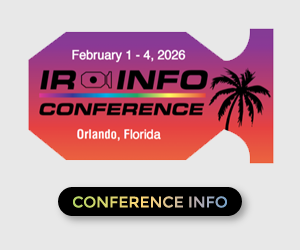Arc Flash Protection How Much?
Sponsored by:

Arc Flash Protection – How Much Do You Need?
For those who work near exposed, energized electrical equipment, a popular question is, “How much arc flash protection do I need?” This week’s Tip focuses on two ways to answer this question.
NFPA 70E mandates that Fire Resistant Clothing be worn whenever an employee is working within the Arc Flash Boundary. For equipment rated at 600 volts or less, the Flash Protection Boundary is 4.0 feet; this distance increases proportionally with available energy levels. The selected flash protection must provide thermal protection against the potential heat generated should an arc flash occur.
The amount of heat associated with an arc flash is dependent upon the amount of energy available and the distance from the fault. The amount of energy available is dependent upon available fault current and clearing time for the fault. NFPA 70E provides two methods for determining how much FRC is needed.
The first method involves utilizing an engineering calculation to determine the amount of energy available for subject components. Employing this formula usually requires the skills of an electrical engineer and specific information about the subject equipment including voltage, amperage and overcurrent protection. Protective clothing is selected based upon the amount of potential heat energy determined from the calculation.
The second method utilizes a table listing electrical equipment and common work tasks. By identifying the work task and the category of subject electrical equipment, one may determine the Hazard/Risk Category associated with a specific task. Once the Hazard/Risk Category has been determined, a second table is utilized to determine the required PPE for the particular Hazard/Risk Category.
Advertisement

